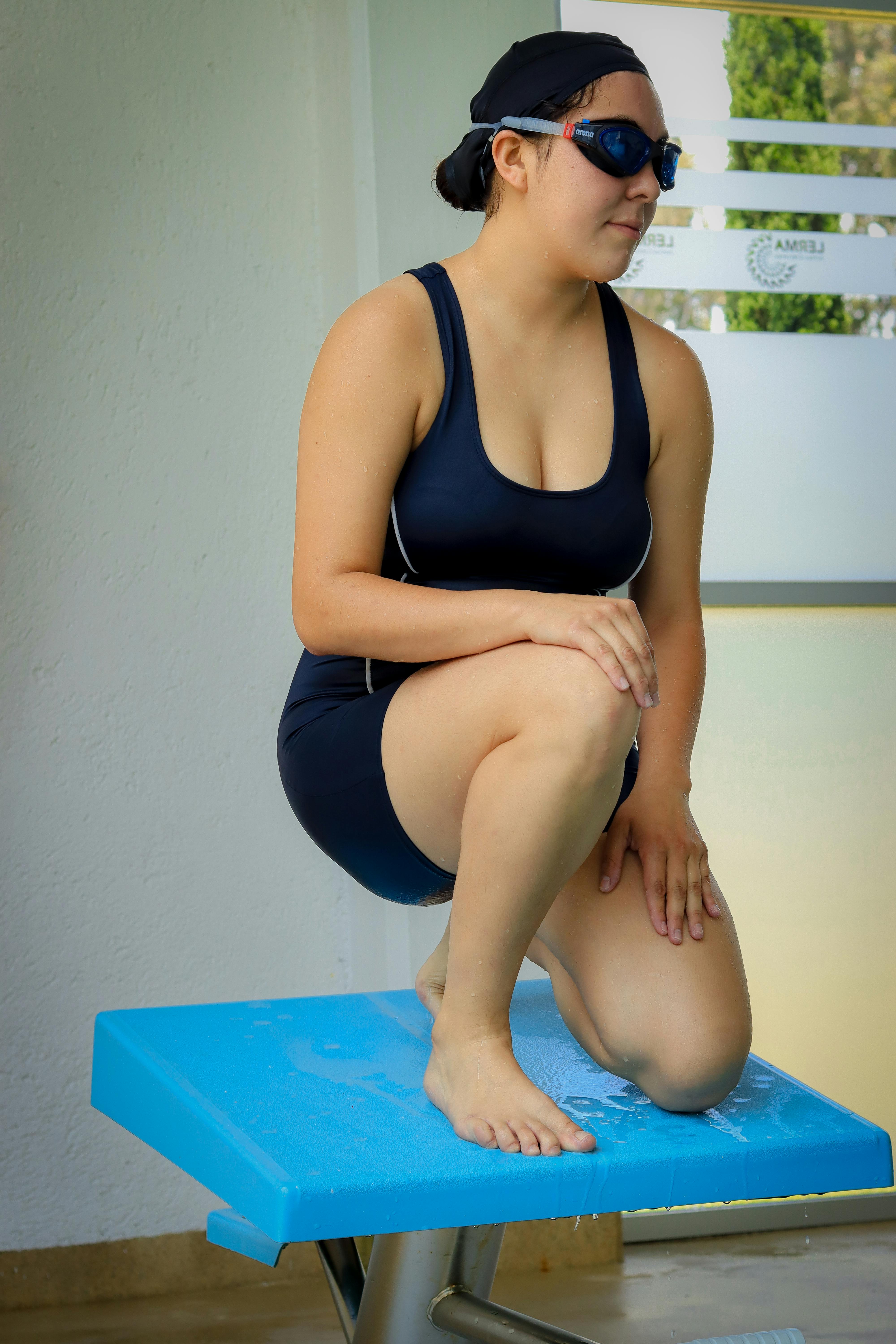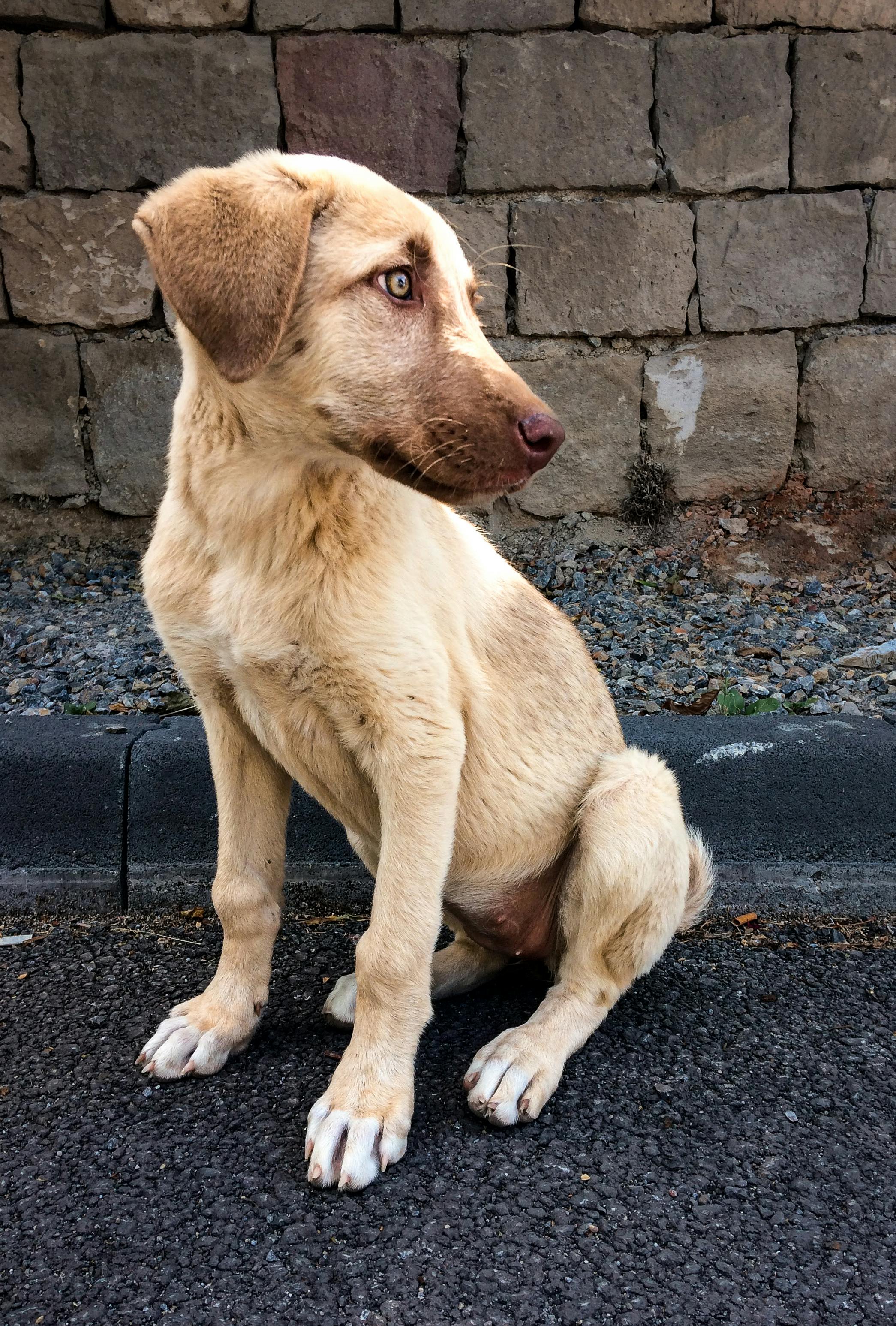Are you tired of your puppy's disgusting habit of eating poop? Don't worry, there's hope! In this article, we will explore some tried and tested home remedies that can help you put an end to this unsavory behavior. From simple dietary changes to natural supplements, we've got you covered. Say goodbye to those embarrassing moments when your furry friend decides to indulge in their not-so-appetizing snack. Get ready to reclaim your clean and poop-free household with these effective solutions.
Understanding the Behavior
Identifying the reason behind poop-eating behavior
If you have a puppy that has developed a habit of eating poop, it's important to understand the underlying reasons behind this behavior. Coprophagia, the scientific term for poop-eating, can have several causes, including nutritional deficiencies, boredom, curiosity, or it could simply be a learned behavior from the puppy's mother or littermates. By identifying the specific reason behind your puppy's poop-eating behavior, you can take appropriate steps to address and prevent it.
Why do puppies eat poop?
There are a few reasons why puppies might engage in the behavior of eating poop. One possibility is that they are exploring their environment and testing boundaries, which can include investigating and consuming feces. Puppies might also be attracted to the smell or taste of feces due to the presence of undigested food, which can mimic the scent of their regular meals. In some cases, puppies may eat poop out of boredom or as a way to seek attention. Understanding these motivations can help you determine the best approach to discourage the behavior.
Common reasons for coprophagia
Puppies may exhibit coprophagia for various reasons. Lack of proper nutrition in their diet can contribute to this behavior, as they may be attempting to obtain nutrients that are lacking in their meals. Additionally, boredom and a lack of mental stimulation can lead to puppies engaging in behaviors that they find interesting, such as eating poop. Puppies who experienced early weaning or who were not properly socialized may also be more prone to developing coprophagia. Additionally, puppies living in unclean environments or those with inadequate potty training may be more likely to engage in this behavior. By understanding these common reasons, you can implement strategies to prevent and address coprophagia in your puppy.
Preventing Access to Poop
Supervise your puppy
One effective way to prevent your puppy from eating poop is to closely supervise them whenever they are outside, especially during potty breaks. By keeping a watchful eye on your pup, you can quickly intervene and redirect their attention if they show any inclination towards eating feces. It is also important to promptly clean up any accidents or messes to eliminate the temptation altogether.
Gate off areas with feces
If you have multiple pets or live in an area where it may be difficult to completely eliminate the presence of feces, consider using gates or barriers to restrict access to certain areas. This way, you can create a poop-free zone for your puppy to roam without the risk of encountering any feces. By effectively controlling your puppy's environment, you can prevent them from forming the habit of eating poop.
Keep the yard clean
Maintaining a clean yard is essential in preventing your puppy from eating poop. Regularly inspect the yard, promptly remove any feces, and ensure that the area is thoroughly cleaned to eliminate any lingering smells. By consistently keeping your yard clean, you eliminate the temptation for your puppy to engage in coprophagia.

This image is property of images.pexels.com.
Feeding a Nutritious Diet
Provide balanced meals
One of the primary reasons puppies engage in poop-eating behavior is due to nutritional deficiencies. Ensure that you are feeding your puppy a balanced and nutritious diet that meets their specific nutritional requirements. Consult with your veterinarian to determine the appropriate type and amount of food for your puppy's age, breed, and overall health. By providing a nutrient-rich diet, you can help address any underlying deficiencies that may be driving the behavior.
Choosing high-quality puppy food
When selecting puppy food, opt for high-quality brands that prioritize the use of wholesome ingredients. Look for options that contain a balanced blend of proteins, carbohydrates, fats, vitamins, and minerals. Avoid foods that contain fillers, artificial additives, or excessive amounts of grains. High-quality puppy food promotes optimal digestion and nutrient absorption, which can help deter coprophagia.
Consulting a veterinarian for dietary advice
If your puppy continues to engage in poop-eating behavior despite a balanced diet, it may be necessary to consult with a veterinarian. They can assess your puppy's overall health and recommend any necessary dietary modifications or supplements that may be needed to address the behavior. A professional opinion can provide valuable insights and ensure that your puppy's nutritional needs are being met.
Adding Supplements to the Diet
Adding pineapple to the food
One natural remedy that may deter poop-eating in puppies is adding pineapple to their diet. Pineapple contains an enzyme called bromelain, which can make the poop taste unpleasant to dogs. Depending on the size of your puppy, you can add a small amount of fresh or canned pineapple to their meals. However, it's important to consult with your veterinarian before introducing any new foods to your puppy's diet.
Using meat tenderizer
Another home remedy you can try is sprinkling a small amount of meat tenderizer on your puppy's food. Meat tenderizer contains enzymes that break down proteins and can alter the taste and smell of the poop, making it less appealing to your puppy. Start with a small amount and gradually increase the quantity if necessary. Remember to choose a meat tenderizer without added salt or seasonings.
Enzyme supplements for digestion
Enzyme supplements designed to improve digestion can also be beneficial in deterring coprophagia. These supplements help break down food more efficiently, reducing the presence of undigested nutrients in the feces. By improving digestion, you decrease the likelihood of your puppy being attracted to the smell or taste of poop. Before adding any supplements to your puppy's diet, consult with your veterinarian to determine the appropriate dosage and suitability for your puppy.

This image is property of images.pexels.com.
Behavioral Training
Positive reinforcement techniques
Positive reinforcement training techniques can be highly effective in addressing coprophagia. When your puppy exhibits desired behaviors and refrains from eating poop, provide immediate praise, treats, or rewards. By associating positive experiences with not engaging in coprophagia, you encourage your puppy to repeat these behaviors. Consistency and patience are key when using positive reinforcement as a training tool.
Teaching the 'leave it' command
Teaching your puppy the "leave it" command is crucial in preventing them from eating poop. By consistently practicing this command, you can redirect your puppy's attention away from feces and onto something more appropriate. Start by using treats or toys to reinforce the command, gradually introducing real-life situations involving poop. With time and practice, your puppy will learn to respond to the "leave it" command, helping to eliminate the poop-eating behavior.
Redirecting attention to toys or treats
Instead of focusing on the poop, redirect your puppy's attention to toys or treats during outdoor walks or playtime. Carry their favorite toys or treats with you and engage in interactive play to keep them mentally stimulated. By providing alternative sources of excitement and fulfillment, you can discourage the interest in poop.
Environmental Enrichment
Increase exercise and playtime
Puppies who are bored or under-stimulated are more likely to engage in destructive or undesirable behaviors, such as eating poop. Increase the frequency and duration of exercise and playtime sessions to tire out your puppy both physically and mentally. Regular walks, interactive games, and opportunities to socialize with other dogs can help alleviate boredom and decrease the chances of coprophagia.
Interactive puzzle toys
Interactive puzzle toys offer mental stimulation and help keep your puppy engaged in positive activities. These toys are designed to challenge your pup's problem-solving skills and encourage them to work for treats or rewards. By providing mental stimulation through puzzle toys, you can shift their focus away from poop and onto a more mentally stimulating and rewarding experience.
Mental stimulation through training
Training sessions provide an excellent opportunity for mental stimulation. Engage your puppy in basic obedience training, such as sit, stay, and shake, as well as more advanced tricks and commands. By incorporating regular training into your puppy's routine, you can keep their mind occupied and reduce the likelihood of them resorting to coprophagia.

This image is property of images.pexels.com.
Stress and Anxiety Management
Creating a calm environment
Stress and anxiety can contribute to a range of behavioral issues in puppies, including coprophagia. Create a calm and secure environment for your puppy by ensuring they have a designated space where they can retreat and relax. Minimize exposure to loud noises, excessive commotion, or any stressful situations that may trigger anxiety. Providing a peaceful and predictable environment can help alleviate stress and reduce the likelihood of engaging in undesirable behaviors, such as eating poop.
Utilizing calming aids
In some cases, calming aids such as pheromone diffusers, anxiety wraps, or natural supplements can help ease anxiety and stress in puppies. These products work by creating a sense of security and calmness, promoting relaxation and reducing unwanted behaviors. Consult with your veterinarian to determine the most suitable calming aid for your puppy's specific needs.
Seeking professional help if necessary
If your puppy's coprophagia persists despite all efforts, it may be beneficial to seek professional help. A qualified animal behaviorist or trainer can assess your puppy's behavior, identify underlying issues, and provide customized guidance and training techniques. They can help address any potential underlying behavioral or psychological factors contributing to the poop-eating behavior and develop a tailored plan to overcome it.
Health Check-Up
Checking for underlying health issues
Sometimes, coprophagia can be a sign of underlying health issues in puppies. If your puppy's poop-eating behavior is persistent or accompanied by other concerning symptoms, it is crucial to schedule a veterinary check-up. The vet can examine your puppy for any medical conditions that may be causing the behavior and recommend appropriate treatments or interventions.
Parasite control and prevention
Certain parasites, such as worms, can cause nutritional deficiencies in puppies, leading them to eat poop in an attempt to compensate for the lack of nutrients. Regular deworming and preventive measures recommended by your veterinarian are essential in controlling parasites and reducing the risk of coprophagia. Follow the recommended deworming schedule and maintain a clean and hygienic living environment for your puppy.
Keeping vaccinations up to date
Ensure that your puppy receives all necessary vaccinations to prevent infectious diseases. Some infections can affect the digestive system and lead to coprophagia as a symptom. By keeping your puppy's vaccinations up to date, you protect their overall health and reduce the likelihood of them developing poop-eating behavior as a result of an underlying illness.
Home Remedies to Deter Poop Eating
Sprinkle cayenne pepper or hot sauce on feces
One home remedy to discourage poop-eating is to sprinkle a small amount of cayenne pepper or hot sauce on the feces. The strong and unpleasant taste can deter your puppy from consuming the poop. However, it's important to use this remedy with caution and only on feces in your own yard to ensure the safety of your puppy and other animals.
Add citrusy fruits to the puppy's diet
Citrusy fruits such as oranges, lemons, or grapefruits have a strong and bitter taste that can make the poop unappealing to puppies. You can try adding a small amount of citrus fruit to your puppy's diet to discourage them from eating poop. However, be cautious not to introduce excessive amounts of citrus fruits as it may upset their stomach.
Using bitter apple spray on feces
Bitter apple spray is a commercial product designed to deter dogs from chewing or licking certain objects. You can spray a small amount of bitter apple spray directly on the feces to make it taste unpleasant and discourage your puppy from consuming it. However, it is important to note that not all dogs are deterred by the taste of bitter apple spray, so it may not work for every puppy.
Consistency is Key
Establishing a routine
Consistency is essential when addressing and preventing poop-eating behavior in puppies. Establish a regular routine for feeding, exercise, and potty breaks. By maintaining a consistent schedule, you create a sense of predictability and stability, which can help prevent boredom and reduce the likelihood of your puppy engaging in coprophagia.
Consistent reinforcement of desired behaviors
Consistently reinforce desired behaviors through praise, rewards, and positive reinforcement. Whether it's using the "leave it" command, redirecting their attention to toys, or simply praising them for not showing interest in feces, reinforcing positive behaviors consistently is crucial in making them a habit. Regularly and consistently reinforce desired behaviors to discourage coprophagia.
Patience and persistence
Addressing and preventing coprophagia in puppies requires patience and persistence. It may take time and multiple attempts before you see significant improvement. Remember to remain patient throughout the process and continue implementing the strategies that work best for your puppy. With persistence, consistency, and a positive approach, you can successfully deter poop-eating behavior in your puppy.


